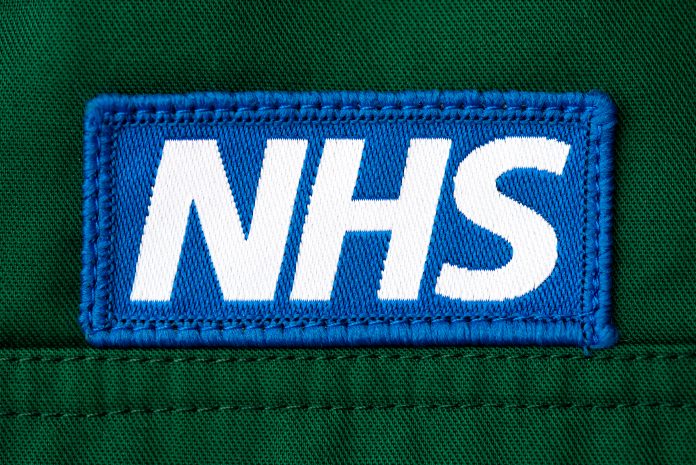Cameron Hawkins, Head of Energy and Environment, NHS Property Services, says we are another year closer to 2040 but are we on track to reach NHS net-zero?
A new year has begun, bringing us ever closer to NHS net-zero target by 2040 across England. 17 years seems a long time (a baby born this year could have finished their GCSEs in that time!) but in the world of NHS estate decarbonisation, it is an ambitious but achievable target.
Moreover, it is a crucial one.
Tackling the triple challenge of NHS net-zero
In his opening speech for the Health Pavilion at last November’s COP27 congress, the World Health Organization’s Director-General, Tedros Adhanom Ghebreyesus, spoke about the triple challenge that climate change brings to the health sector: dealing with climate-fuelled disease; building climate-resilient health systems that can withstand more frequent and severe weather events; and building net- zero, climate-friendly health systems. This is all while simultaneously ensuring that all health facilities have a reliable and clean source of energy.
It is these last two challenges that NHS Property Services (NHSPS) is ideally placed to contribute to. As owners of 10% of the NHS estate, we care for six million patients daily and manage over 3,000 NHS properties. Nearly a fifth of UK emissions come from buildings, and the cost of decarbonising UK public sector buildings, including those of the NHS, is estimated to be £25-30 billion. The NHS itself is responsible for 5% of the UK’s total carbon emissions across all its activities. But how do we decarbonise toward NHS net-zero and adapt the estate whilst being mindful of the ever-stretched NHS purse?
At NHSPS, we have learned that there can be a synergy between the two; investing in a greener NHS pays back. For example, all our estates now use 100% renewable electricity and 99% of our waste is diverted from landfill; with these changes, as well as others, we are on track to deliver associated cost savings of over £36 million back to the NHS. Just last year, we invested over £10 million on energy efficient technologies to reduce carbon emissions and lower energy bills. In doing so, we reduced our carbon footprint by over 20% at some sites and the investment has resulted in over £7 million of cost savings.
Green plan
In 2022, we launched our second, three-year green plan outlining how to continue reducing our carbon emissions and delivering more sustainable care. This is divided into eight focus areas, from workforce and leadership, to supply chain and procurement, to estates and facilities, and more. Across the focus areas, we will support our customers in their transition to NHS net-zero through decentralisation. Local teams know their needs best, so we are establishing a funding mechanism to allow regional teams to access capital finance for energy efficiency or environmental projects in their regions. This will be overseen by newly appointed Regional Energy and Environment Managers. More widely, we will continue to develop our electric vehicle strategy, empower colleagues through increased learning and development opportunities (for example, on the waste management system) and continue to optimise our spaces as part of our social prescribing programme.
Alongside this, as part of our climate change adaptation programme, we are investing in research and analysis of our portfolio on how it will weather future climate change, so that we know the best way to adapt our buildings to mitigate this.
Building the future
Whilst retrofitting existing buildings is essential, we also ensure that we build efficiently for the future. For example, in December 2022, we opened the new Devizes Health Centre in Wiltshire. The centre leads the field in sustainable design as one of the first ‘Net Zero’ health facilities across England. It utilises green technology, such as heat pumps and solar panels, to generate electricity and heat to serve the building, therefore, reducing reliance on fossil fuels.
Our green plan is part of our wider ‘Delivering a Greener NHS’ programme, supporting NHS England’s Greener NHS campaign. This campaign requires each NHS Trust and Integrated Care System (ICS) to publish a green plan, which will support NHS England’s ambition of an 80% reduction in direct carbon emissions by 2028-2032. Through our ‘Delivering a Greener NHS’ programme, we prepare the NHS estate for environmental change through a combination of adaptation and mitigation. We aim to reduce our emissions and, at the same time, adapt our buildings for climate change, all so that our customers can focus on what they do best – delivering quality healthcare. In this way, we can futureproof our organisation whilst supporting the journey to 2040 NHS net-zero.











